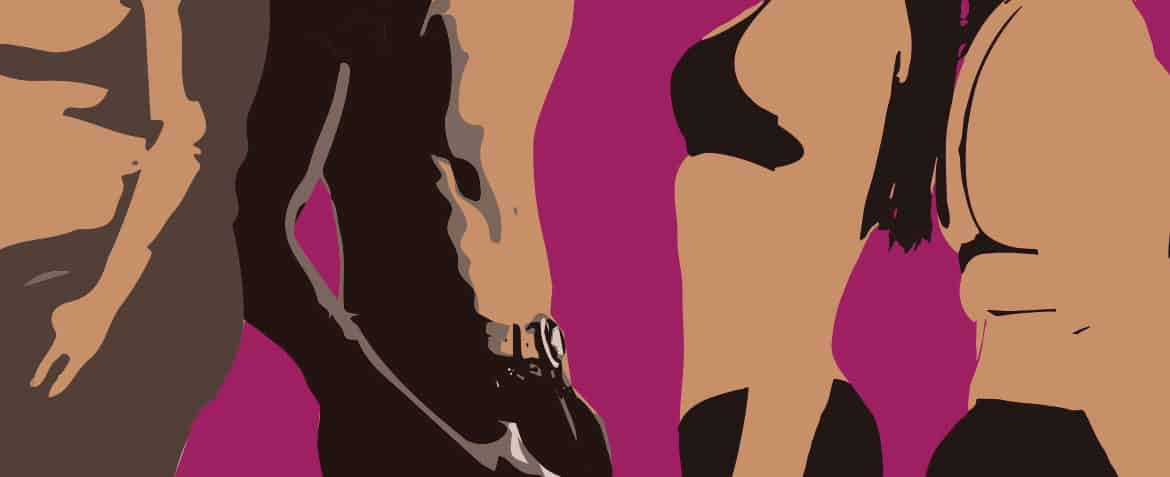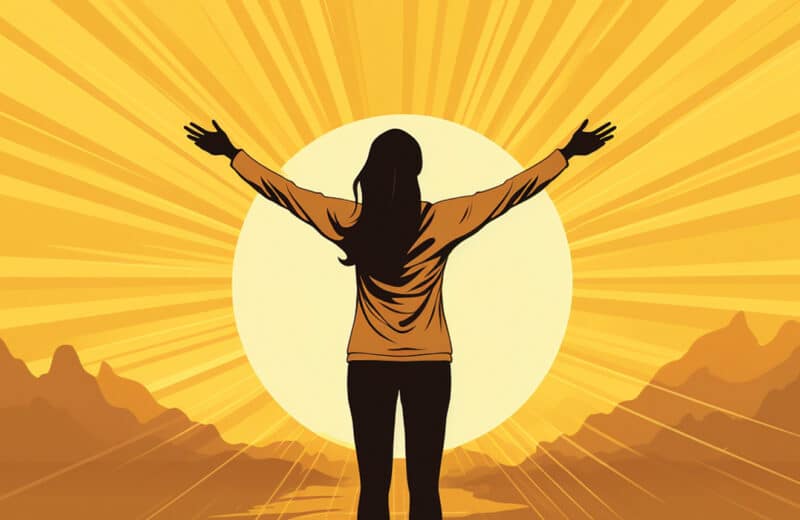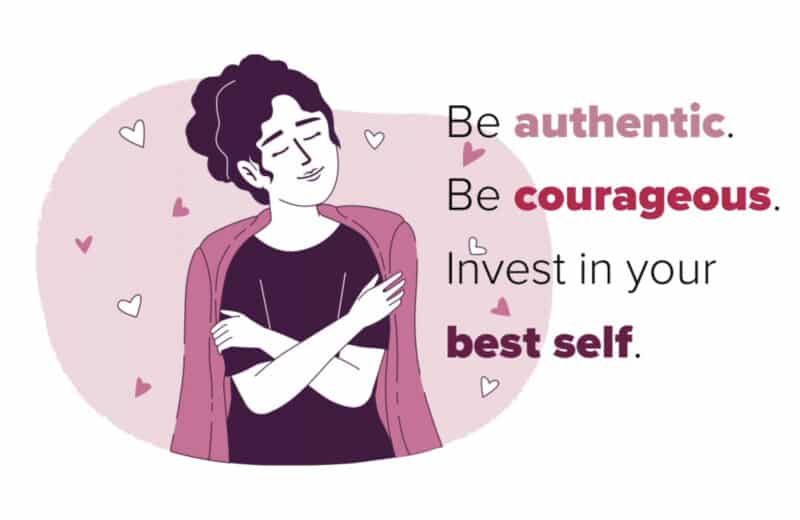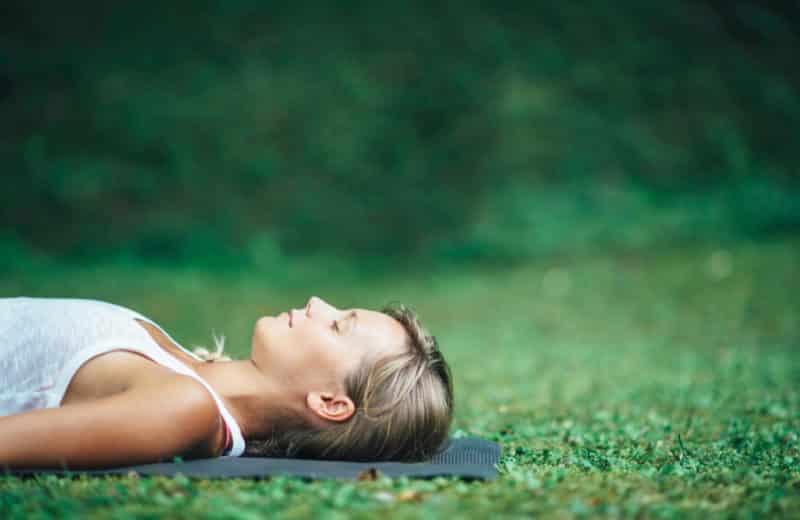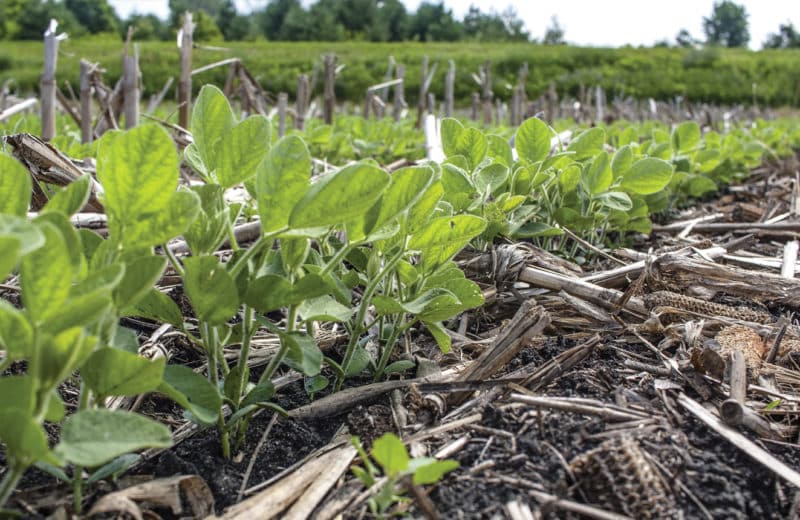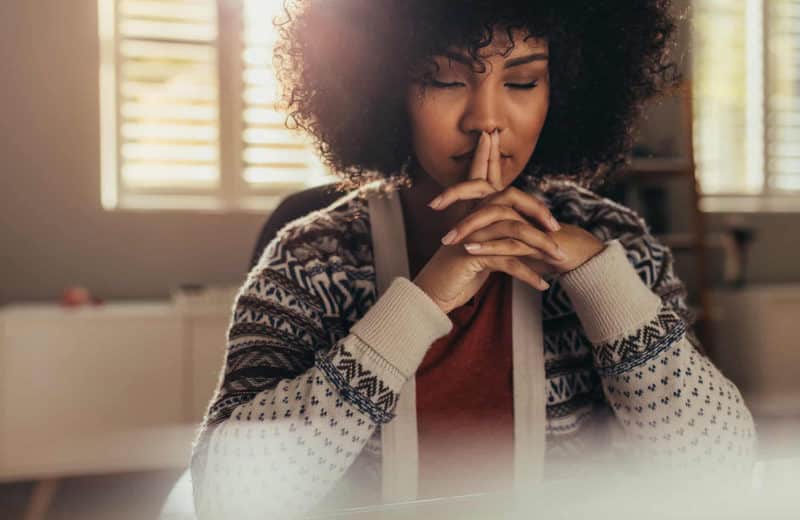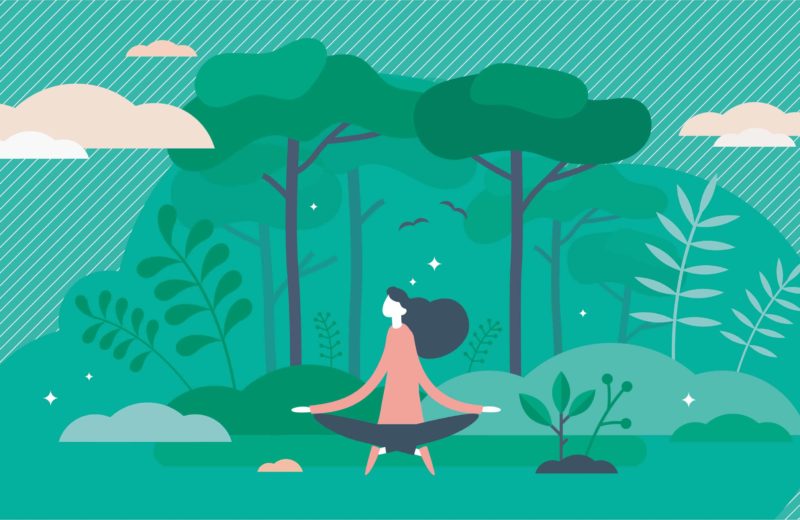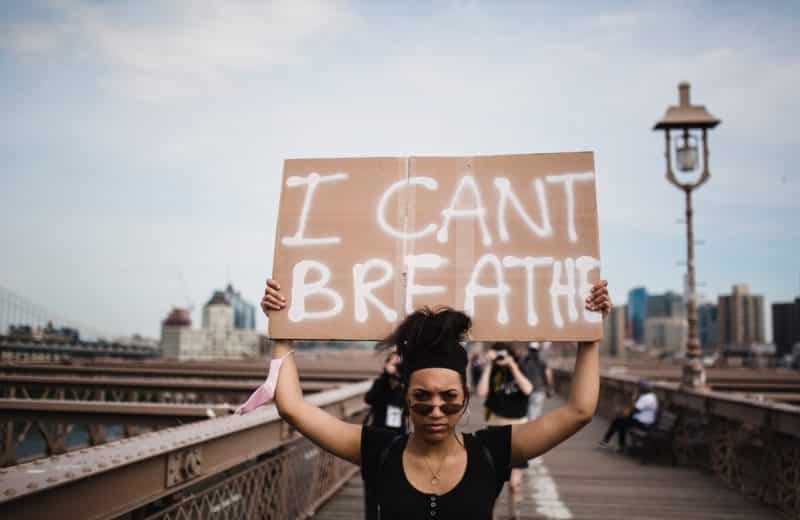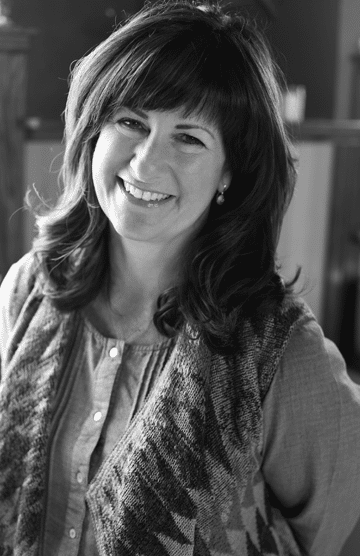
The exhibit was powerful, and it dovetailed with the imminent departure of my niece to Harlingen, Texas, where she was to begin interviewing unaccompanied children fleeing Central America and Mexico to seek a safe home and a life of dignity, freedom and possibility.
At the time, I was contemplating my column for this issue of Chicago Health, with its focus on obesity. Obesity, anorexia and the multitude of expressions in between can be an expression of the home of us — our body.
I began thinking of the extremes of body size. Are people who are obese or extraordinarily thin treated with the basic human rights of dignity, respect, safety and freedom?
If a human rights trespass is occurring, is it happening from within or outside the person? To be allowing and honoring of differences, be it size, color, education or political party, why do we find such respect so difficult to extend?
And then it happened, a flood of experiences, from my childhood to today; examples of our tendencies to withdraw basic human rights from our self and others as we judge, control and fear.
The following are a few of my experiences:
• “How are you?” I ask a friend who is recovering from cosmetic surgery to remove the excess skin that resulted after he underwent gastric bypass surgery and lost more than 150 pounds. “Not good,” he replies, his voice expressing extreme exhaustion and emotion. “What’s going on?” I inquire. My friend tells me how he is unable to sleep. Each time he closes his eyes, he hears the doctors laughing and telling jokes about him. He explains that the anesthesia wore off prematurely during the surgery, and he heard the doctors talking about him in a most unkind manner. They thought he was asleep.
• I’ve just hired a new exercise instructor — a recovering anorexic and a highly knowledgeable, skilled teacher. Her first experience with my clientele is during a workshop with a visiting master teacher. We are all moving — undulating and spiraling — when my new instructor, warm from the movement, removes her outer layer of clothing to reveal a skin-and-bones body. The room, in which there is no sound except for that created from breath and movement, goes deafeningly silent. After the workshop, several participants passionately express their disbelief that I would allow this woman to teach at my studio.
• “I’m not this [overweight body] that you see,” I hear you say time and again. And, I understand. I, too, have always longed to be seen (really seen) and, yet, I hide inside these layers of protective flesh hoping not to be noticed.
• It began junior year of high school. My sister’s friend became thin and then thinner. Anorexia. By 28, she was no more.
• “Research suggests childhood sexual abuse increases the odds of adult obesity by between 31 and 100 percent.” — “The Second Assault,” by Olga Khazan, The Atlantic, December 15, 2015.
• I have worked with obese clients who move with admirable lightness, grace and flexibility. I have worked with very thin clients who are rigid, immobile and move with a heaviness seemingly incongruent with their weight.
Stop thinking you know a body’s story. For yourself and others, err on the side of curiosity, compassion and kindness when caring for and responding to the corporal home. Connect to your senses so you can feel and thwart a trespass on human dignity and safety before it catapults dangerously toward another or within.
Let’s be sure to treat the self and others with respect and the knowing that we all deserve to be safe and free, regardless of our size.
Nourish every body’s right to flourish.

